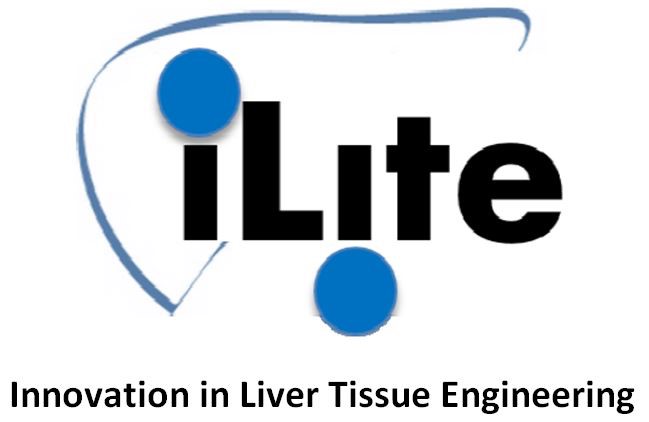Biofabrication and regenerative medicine
One of the scopes of biofabrication relates to the tissues and organs of living organisms. Biofabrication therefore targets the design of bioartificial systems on the one hand and the creation of tissues and functional organs on the other. It opens the way to regenerative medicine allowing the repair or replacement of damaged organs by overcoming the constraints of organ donation and rejection of transplants.
Biofabrication is interdisciplinary. It brings engineering sciences, biology, medicine and clinical practice together:
- stem cell engineering,
- development of biocompatible 3D matrices and supports (« scaffolds »),
- in silico modeling,
- manufacturing of micro-structured surfaces (« micropatterning ») and bioprinting,
- development of bioreactors allowing the maturation of reconstructed tissues and organs.
These innovative technologies are evolving very quickly. Mastering and applying them efficiently require bringing together researchers and engineers from biology and fundamental disciplines (physics and chemistry).






Birth of an ambition
In 2014, the French Institute of BioFabrication started by bringing together doctors from university hospitals in the south of Paris, researchers from Inserm and Paris-Saclay University who specialise in cell engineering, as well as engineers from the University of Technology of Compiègne (UTC) and the Ecole Nationale Supérieure Paris-Saclay (ENS Paris-Saclay).




Confirmation: scientific project, laboratory, education
Subsequently, researchers from French Alternative Energies and Atomic Energy Commission (CEA) specialising in micropatterning and bioprinting as well as companies and start-ups involved in regenerative medicine joined the initial nucleus.
In 2016, the French Institute of BioFabrication brought together the energy and ambition of its members and allows them to launch iLite (innovations in Liver tissue engineering), a translational research project which combines the academic, hospital and business sectors. This success confirmed the Institute’s strategy to merge skills in medicine, biology, physical sciences and engineering in order to promote organ creation through biofabrication.
In 2017, the Institute’s first laboratory opened its doors on the premises of the Paul-Brousse Hospital in Villejuif and welcomed two of its founding members.
Then in 2018, the Institute, in collaboration with Paris-Saclay University and the Hépatinov University Hospital Federation, put its MOOC "Tissue & Organ Bioengineering" online on the FUN platform. This online course was the first in the world to focus on the production of tissues and organs.
Realisation of an ambition
The objective of the French Institute of BioFabrication is to build a vast laboratory dedicated to the manufacture of tissues and organs, bringing together all the necessary expertise, open to academic and industrial teams. This building will house all the technologies used for the construction of organs: cell culture, matrices, scaffolds, recellularisation, micropatterning and bio-printing, bioreactors, animal testing, prototyping. It will also be a centre for teaching bio-manufacturing techniques.
The building will be constructed with the help of private and public investments. The various investment formulas are currently being discussed with interested partners.
The Institute is part of the scientific and economic development poles of the Bièvre Scientific Valley, the Grand-Orly Seine Bièvre public territorial establishment and Medicen, the Ile-de-France competitiveness cluster dedicated to health. It will benefit from the facilities at Campus Grand Parc and from its partnership with the Val-de-Marne Chamber of Commerce and Industry and the city of Villejuif. The development of the Institute and the construction of a dedicated building will involve all the players interested in the economic development of Greater Paris and the Ile-de-France region.

